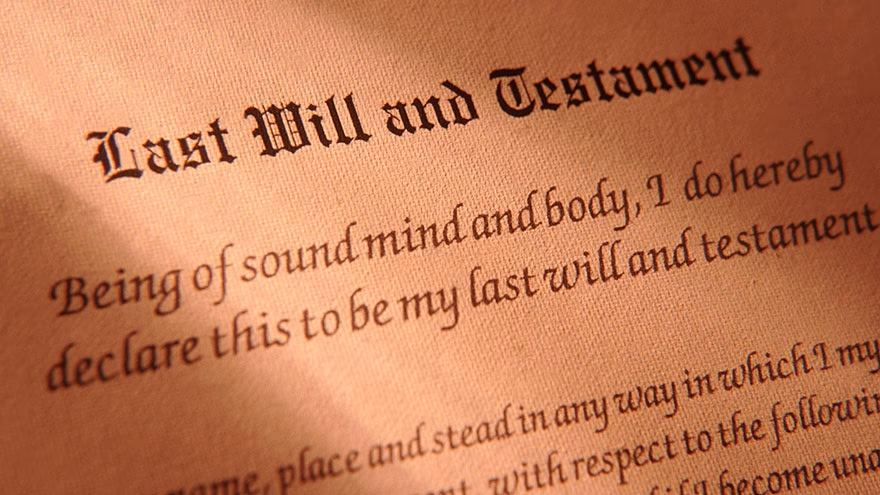Although the root of each type of law is visible through the name, that is not so much the case with probate law.

Definition
Probate law involves matters of wills and estates of the deceased, and in some states issues involving minors and the mentally incapacitated.
Type Of Court
Probate law cases are heard and decided in probate court. These cases are state matters and are not typically adjudicated in federal courts.The probate courts in the state in which a person resides has jurisdiction to hear probate case. Probate courts are also known as surrogate court, orphan court or court of chancery.
RELATED :: How to Fire Your Probate Lawyer
Probate Law And Property
Probate law most commonly is used to help with matters involving how property is to pass once its owner is deceased. Probate court oversees the distribution of real property, such as land and buildings, and personal property, such as automobiles, money and furniture.Decedent is a legal term used to describe a deceased person. When someone dies with a valid will, he has died testate. When someone dies without a will, she has died intestate. A valid will makes the probate process easier because there will be less arguing within the decedent's family.
The wishes of the decedent are written in black and white and most family members will uphold those wishes. When a person dies intestate, there is no written record of who the decedent wishes to receive her property.
Probate Law And Minors
Probate law also covers individuals unable to care for themselves, whether they are minors or the mentally incapacitated.Minors who inherit property or money will have a conservator or trustee appointed for them. A conservator manages the money and/or property of the minor and is responsible for maintaining it for the best benefit of the minor.
Probate Law And Mental Incapacity
A mentally incapacitated person who is unable to care for himself may have a guardian appointed to ensure that his everyday needs are met. A conservator also may be appointed for an incompetent person. This conservator will act in the same capacity as a conservator for a minor.In probate law, the guardian and conservator may be the same or they may be different individuals. The main qualification is trustworthiness. Often, a member of the minor or incompetent's family will petition the court to be appointed as the conservator or guardian.
Third Party Assistance
In cases involving a minor or mentally incompetent individual, a probate court may appoint a neutral third party who does not have a relationship with any other party involved in the case.Known as a guardian ad litem, this person protects the interests of the minor or mentally incompetent individual.
You Might Also Like :: What Is Probate Law?
Save for later
Found this helpful?
Pin this article to your Pinterest board and come back to it whenever you need a reminder.
Save to Pinterest


